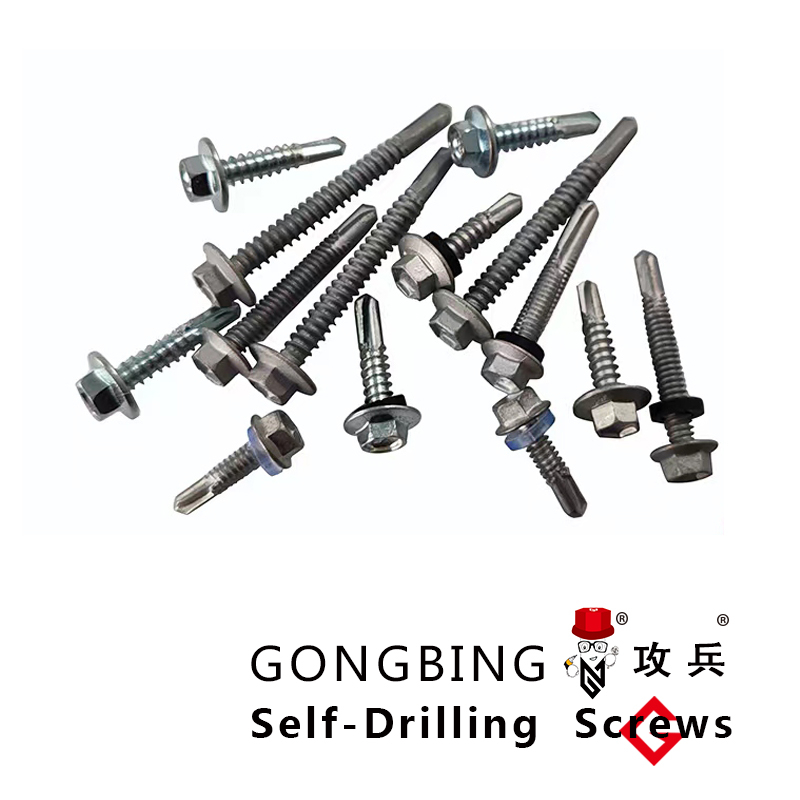High-Performance M24 Chemical Anchor Bolts for Secure Fixing Solutions
Understanding M24 Chemical Anchor Bolts A Comprehensive Guide
Chemical anchor bolts are pivotal in construction and engineering, providing robust solutions for securing structures, machinery, and various fixtures. Among the numerous types available, M24 chemical anchor bolts have gained popularity due to their adaptability and strength. This article explores the significance, installation methods, and advantages of M24 chemical anchor bolts.
What are M24 Chemical Anchor Bolts?
M24 chemical anchor bolts are classified by their diameter, specifically 24 millimeters, and are designed for applications requiring a secure bond in concrete or masonry. The chemical component refers to the adhesive used to create a powerful bond between the bolt and the substrate. This adhesive usually consists of a two-component resin system, combining a base and a hardener, which, when mixed, create a strong, durable bond that enhances the load-bearing capacity of the anchor.
Significance of M24 Chemical Anchor Bolts
The M24 size is particularly useful for a range of applications, from anchoring heavy machinery to securing structural components in buildings and bridges. Their design allows for greater tensile and shear strength compared to traditional mechanical anchors. This makes them ideal for high-stress environments, ensuring that installations remain secure over time.
Applications
M24 chemical anchor bolts are used in various sectors, including
- Construction Essential for permanent or temporary structural connections. They can anchor beams, columns, and other critical structures. - Industrial settings Frequently used to secure machinery on factory floors where vibrations and shocks are prevalent. - Infrastructure Used in bridges and roads for anchoring components that must withstand heavy loads.
Installation Process
Installing M24 chemical anchor bolts involves several steps to ensure maximal strength and performance
1. Preparation The first step involves drilling a hole into the concrete or masonry that is slightly larger than the bolt's diameter. The depth of this hole must also be appropriate to accommodate the bolt and the adhesive.
2. Cleaning After drilling, it is crucial to clean the hole of any dust or debris. This can be done using a brush or compressed air. A clean hole ensures better adhesion and bond strength.
m24 chemical anchor bolts

3. Mixing the Chemical Adhesive The two components of the adhesive must be mixed thoroughly as per the manufacturer's instructions. Proper mixing is vital for achieving optimal performance.
4. Injecting the Adhesive The mixed adhesive is then injected into the drilled hole, ensuring that it fills the space completely. Care should be taken to follow the correct application technique for even distribution.
5. Inserting the Bolt Finally, the M24 anchor bolt is inserted into the hole filled with adhesive. It should be twisted slightly to ensure it is fully embedded in the resin.
6. Curing Allow the adhesive to cure as per the manufacturer's recommendations. This curing time is crucial for achieving the desired strength.
Advantages of M24 Chemical Anchor Bolts
1. High Load Capacity The combination of size and chemical bonding allows M24 bolts to support substantial loads, making them suitable for heavy-duty applications.
2. Versatility M24 bolts can be used in different base materials, including cracked and uncracked concrete, as well as various masonry substrates.
3. Resilience These anchor bolts are highly resistant to elements like moisture and temperature changes, ensuring long-term stability in diverse environments.
4. Ease of Use The installation process, while requiring attention to detail, is relatively straightforward, allowing for efficient use on job sites.
5. Reduced Risk of Damage Unlike mechanical anchors, chemical anchors distribute loads more evenly, reducing the risk of cracking or damaging the substrate.
Conclusion
In conclusion, M24 chemical anchor bolts are a reliable choice for construction and engineering applications requiring strong, durable, and versatile anchoring solutions. Proper installation and an understanding of their capabilities can lead to successful applications, ensuring structural integrity and safety in various projects. Investing in quality M24 chemical anchor bolts can significantly enhance the overall strength and longevity of constructions.
-
Weatherproof Plastic Expansion Anchors for OutdoorNewsJun.06,2025
-
Sustainability in the Supply Chain: Eco-Friendly TEK Screws ProductionNewsJun.06,2025
-
Load-Bearing Capacity of External Insulation FixingsNewsJun.06,2025
-
Double Head Bolts: Enhancing Efficiency in Industrial MachineryNewsJun.06,2025
-
Corrosion Resistance in Chipboard Screws: Coatings for Wholesale DurabilityNewsJun.06,2025
-
Butterfly Toggle Bolts : Enhancing Structural ResilienceNewsJun.06,2025
